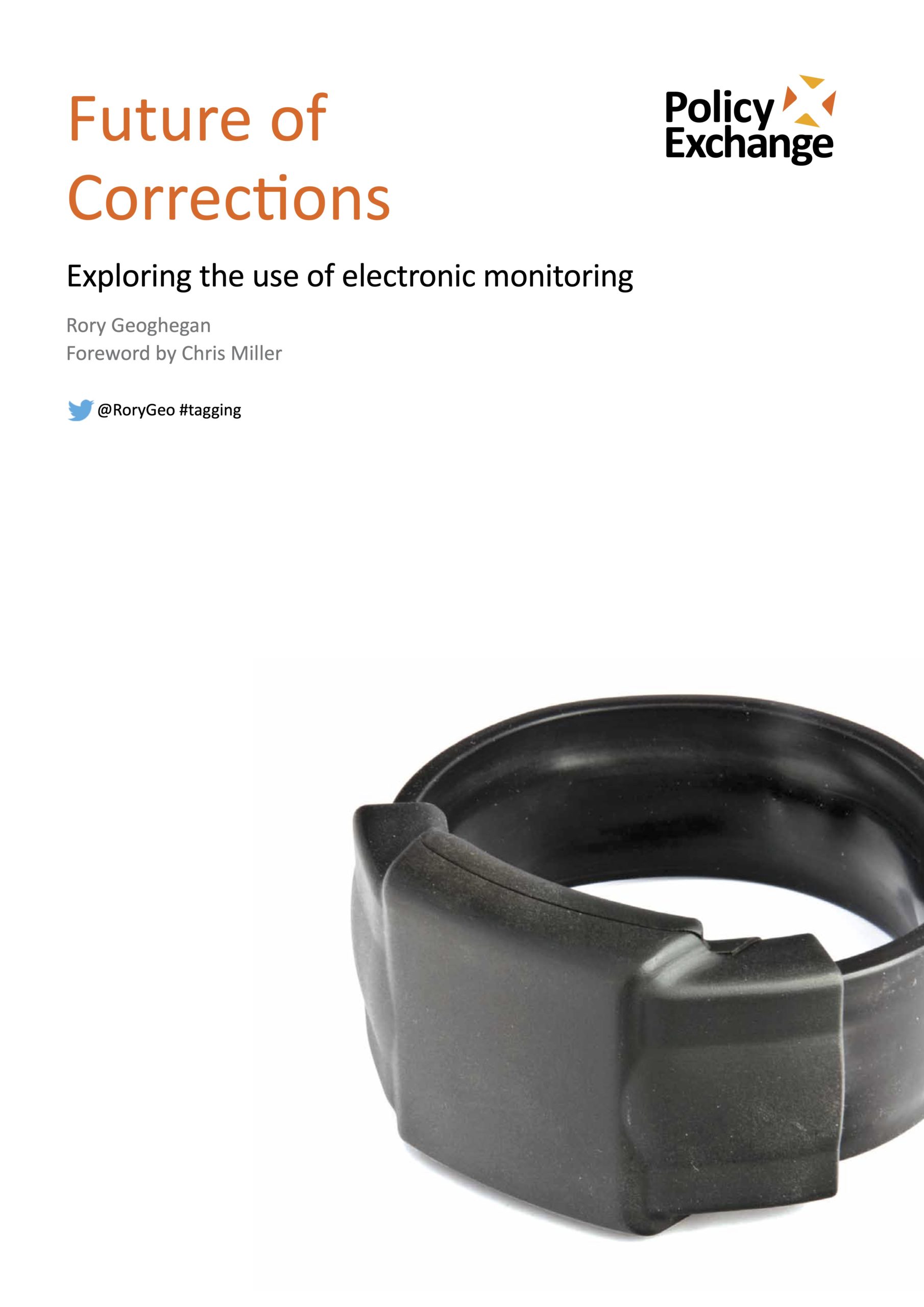
Future of Corrections: Exploring the use of electronic monitoring
Future of Corrections shows that the current system of tagging is in desperate need of reform. A more effective use of tagging, where police and probation officers are directly involved in keeping track of offenders and recommending to prison governors and the courts which criminals should be tagged, could save hundreds of millions of pounds of taxpayer money and help the Coalition achieve its goal of stabilising the prison population by 2015.
The current procurement system is outdated and offers poor value for money to the taxpayer. Since tagging was first introduced in the UK in 1989, there have been three private sector suppliers each enjoying a monopoly position with little competitive pressure. This has led to a lack of innovation in technology and programmes with the majority of criminals wearing tags confined to night time curfews which do little to prevent them from reoffending during the day.
The report notes that in other countries, in particular the US, ankle bracelets have become smaller, smarter and more durable. The most advanced forms of tags are now GPS-enabled allowing the police to pin point someone’s exact location at all times. However, the lack of competition and the current nature of the contracts in the UK market means the taxpayer is losing out.
If England and Wales replicated the US system, where providers simply hand over the technology to the police and probation officers to monitor and fit the tags, £883million could have been freed up over the past 13 years. This money could have created 2,000 probation or more than 1,200 police officers.
The report makes a number of recommendations including:
Creating a real market by giving suppliers and customers the freedom to design, develop and contracts services that work for and address local priorities and needs.
Devolving powers to locally elected Police and Crime Commissioners to decide on how much money, if any, should be spent on tagging and who should provide the services.
Give the police a much greater say by asking officers to recommend the most effective use of tagging to prevent and detect crime.
Testimonials
“The PCA believes there is the potential to use electronic monitoring more effectively to monitor and rehabilitate offenders, and welcomes the critical appraisal of current delivery arrangements that Policy Exchange has provided.”
Probation Chiefs Association

